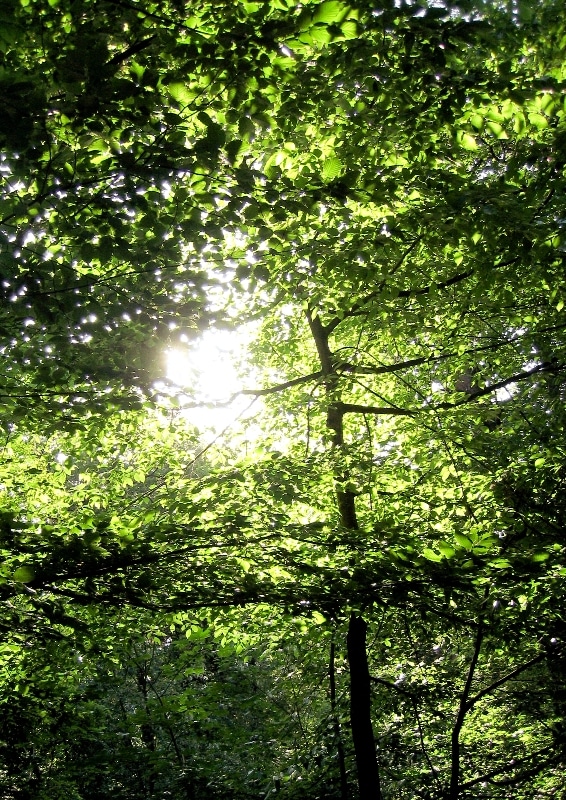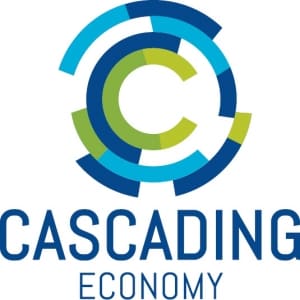Life Cycle Analysis in Sustainability and Innovation Consulting
Table of contents:
- How does our management consultancy define Life Cycle Analysis?
- How is LCA structured as sustainability consulting?
Definition - Life Cycle Inventory
- Impact assessment
- Evaluation
- How is LCA structured as sustainability consulting?
- What do assessment procedures in Life Cycle Analysis look like?
- Sources on Life Cycle Analysis in sustainability consulting
How Does Our Management Consultancy Define Life Cycle Analysis?
In sustainability consulting, we understand Life Cycle Analysis (LCA) to be an evaluation of all environmental impacts caused by a product during its entire life cycle. This life cycle extends from the extraction of raw materials through processing, manufacture, distribution, use and disposal or recycling of the product.
LCA helps to decide what happens to the product at the “end” of its life cycle. Waste can be reduced, and processes such as recycling, resource recovery or an intelligent closed-loop economy can then be the best environmental option. The focus of sustainability consulting is that the product is not regarded as finite, but that the life cycle cycle is the main focus.
LCA can provide a concrete indication of the ecological problem areas of a product. By implementing our consulting, companies contribute to ecological, economical and social production and thus to a sustainable life cycle of products.
LCA creates a basis for a sustainable recycling economy, the Cascading Economy, because it provides a sustainability assessment of the life cycle of a product and shows optimization potentials.
How is LCA Structured as Sustainability Consulting Tool?
Among other things, the term life cycle assessment is also used for the life cycle analysis, since the evaluation of the environmental impacts represents a comparison. In addition, the ISO (International Organization for Standardization) standards numbered 14040 and 14044 adopted fixed standards on the structure and implementation of life cycle analysis in 2006.
The LCA or Life Cycle Assassment process extends from the definition of the objective and scope of the analysis with regard to the life cycle through a Life Cycle Inventory, impact assessment and finally an evaluation.
- Definition: The first step of the LCA lays the foundation for the entire analysis and defines its rationale. It also defines the life cycle of the product from start to disposal. In addition, other products are taken into consideration and the quantity of the product is agreed upon.
- Life Cycle Inventory: The next element is a life cycle inventory of resources and emissions (input and output). This is not a direct evaluation, but merely a list and analysis.
- Impact assessment: The results of the Life Cycle Inventory are evaluated in the impact assessment in various categories. In this process, which is very important for life cycle analysis, the influence of emissions from the life cycle of the selected product on, for example, the greenhouse effect, is assessed.
- Evaluation: The final step of the LCA is a final evaluation of the results. Various analyses take place. Parameters that are of greater importance are also defined.
The decisive factor in the LCA is that several statements can be made about the effects of the life cycle. For example, LCA distinguishes itself from Carbon Footprint and Water Footprint, which analyze individual impacts of a product (CO2 and water consumption) of a product in its life cycle.
What do assessment procedures in Life Cycle Analysis look like?
In contrast to the defined elements of LCA, there is a free choice of an aggregation and assessment procedure by different software. This results in different types of life cycle analysis.
These procedures can be characterized by different criteria. On the one hand, a distinction can be made between monetary and non-monetary analysis. Furthermore, there are differences in the assessment variable, “only” material and energy flows can be included or a more far-reaching variable can be chosen, which for example includes abiotic resources, ecosystem production or species loss.
Based on the different assessment methods in LCA, different results can therefore be achieved by considering our sustainability consulting. However, it is always the aim to discover potentials in a sustainable framework through a detailed analysis and to optimize the life cycle of the product in terms of a recycling economy (Cascading Economy).
Sources on Life Cycle Analysis in sustainability consulting :
https://www.sciencedirect.com/topics/earth-and-planetary-sciences/life-cycle-assessment
https://de.wikipedia.org/wiki/Lebenszyklusanalyse
http://www.openlca.org/case-studies/
https://www.umweltbundesamt.de/themen/wirtschaft-konsum/produkte/oekobilanz


